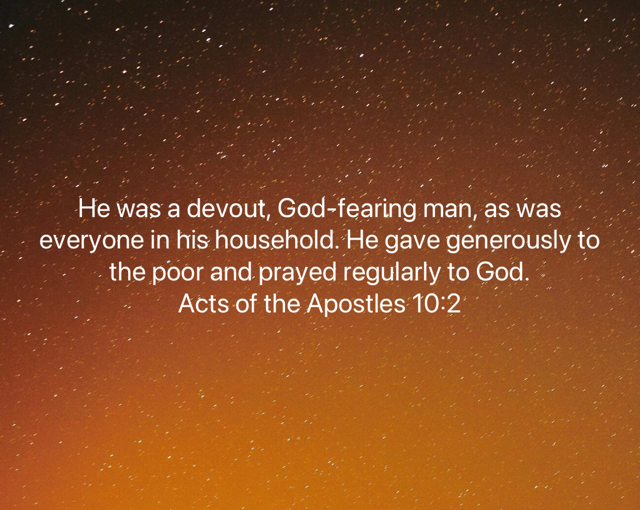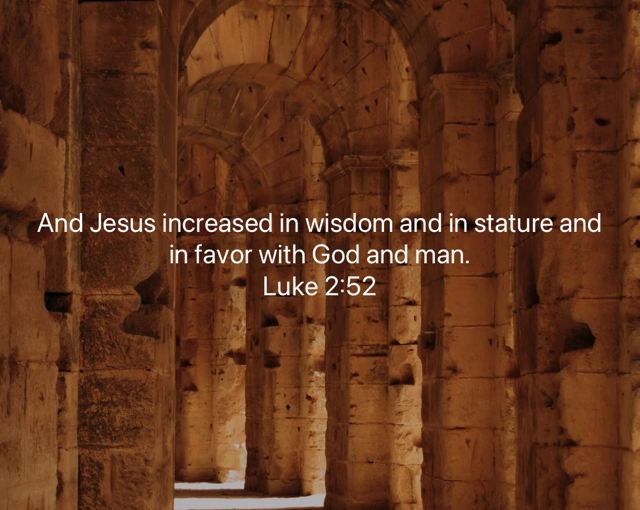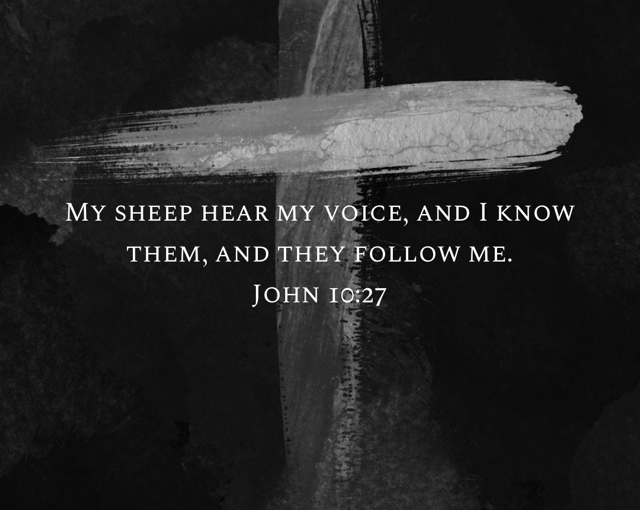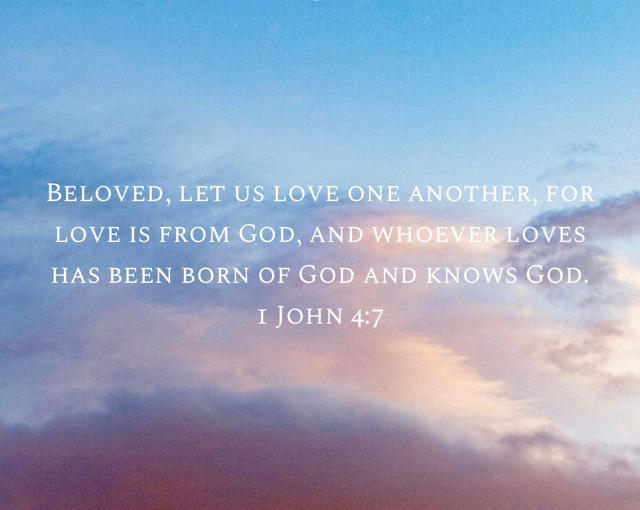The sound of footsteps upstairs in our home – I know whose they are. One stomps, the other walks more softly, and then slides with his socks on the wood floor.
The sound of footsteps coming down the stairs – I recognize these too. One goes slowly and methodically, and one comes down like lightning and thunder, bringing fear into my heart every time.
The sound of their voices – now men, their tones are distinct. However, the other day on the phone, one sounded so much like the other I had to pause and listen more closely.
No matter where we’ve lived, their footsteps and voices have given them away for over 17 years. Knowing their sounds brings joy to my heart. I know my boys and I love them dearly.
Similarly, with my wife whom I’ve known for more than 25 years, I can pick out her voice in a large crowd. Not that she is loud, I just know her voice, her pitch, and her laugh. I can almost hear her voice when she writes messages because she writes just like she talks, therefore an email imposter would be easy to identify. A relationship with her is truly a gift and I love her dearly as well.
How about the voices and sounds in your life?
There’s another voice in my life that I have known for many years. In some seasons the voice has seemed far and at other times it has been crystal clear. This voice is the whisper of the Holy Spirit and the more time I spend with God, the more I know his voice. While not specifically audible, it is an overwhelming sense of instruction, warning, encouragement, love, truth, patience, peace, wisdom, and joy. It is one thing to know his voice, it is another to listen, trust, and obey.
In yesterday’s post on John Chapter 9, Freddy shared the story about the blind man who was healed by Jesus by putting mud on his eyes. The man told the Pharisees what happened and then they asked him again as they were still in disbelief.
He answered them, “I have told you already, and you would not listen. Why do you want to hear it again? Do you also want to become his disciples?” (John 9:27)
They wanted a sign, they got a sign, yet they didn’t believe. The blind man sees but the Phari”sees” didn’t see. How ironic!
In today’s reading (John 10) we know that the Pharisees were well aware of some of the miracles of Jesus. Some were even first-hand witnesses to his miracles.
Jesus answered them, “I have shown you many good works from the Father; for which of them are you going to stone me?” (John 10:32)
Even seeing and hearing of his miracles the people in the Temple questioned Jesus. They wanted him to tell them if he was the Messiah, however he had already told them.
24 The people surrounded him and asked, “How long are you going to keep us in suspense? If you are the Messiah, tell us plainly.”
25 Jesus replied, “I have already told you, and you don’t believe me. The proof is the work I do in my Father’s name. (John 10:24-25)
Just like the story of the blind man in Chapter 9, why did they ask him again? Why didn’t they believe? They “heard” yet they didn’t truly listen, they didn’t accept him.
but you do not believe because you are not among my sheep. My sheep hear my voice, and I know them, and they follow me. (John 10:26-27)
Alas, it is also the same for us when the signs are all around us yet we choose not to listen, not to obey, not to trust, not to believe, not to draw nearer by spending time with our Lord Jesus. Notice the very important “and” from Jesus in verse 27: “and they follow me“. We must not just listen and hear, we must choose to follow.
The world is full of voices trying to tell us its version of what is best; what to buy, where to spend our time, what love is, and what truth is. Only one voice leads to life, and that’s the voice of the Good Shepherd, Jesus. Will you recognize and choose His voice, His love, His truth, and ultimately His eternal promise today?









